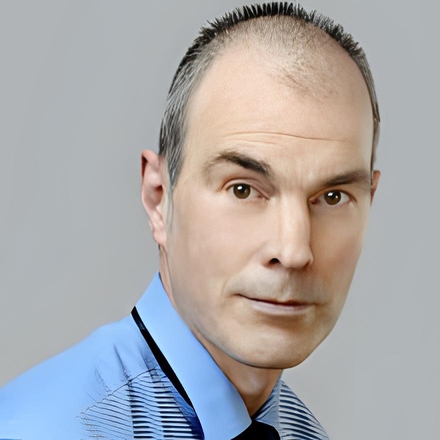How to select the best kidney specialist in the world?
Each visitor of AiroMedical can see the name of the kidney doctor, his card, work experience, the medical category, the theoretical training level, and the completeness of practical skills. Check the relevant specialists that deal with your kidney issue.
A step-by-step guide to finding a top nephrologist
Finding a top nephrologist can be tricky if this is your first time dealing with delicate medical concerns. Let's explore some guidelines to help you choose the best one:
<dl>Narrow specialization. It may be helpful to think about whether a particular nephrologist has experience in your area of interest, for example, renal stones, neurogenic bladder, horseshoe kidney, pelvic-dystopian kidney, and other conditions, etc. And the more specialized the doctor is, the more thoroughly and accurately he conducts diagnostics and treatment.
Research work. Know-how, patented author's treatment methods are an advantage when searching for a nephrologist in particularly severe cases. In addition, utilizing the latest advancements in kidney treatments, such as bioengineered and artificial kidneys, can be advantageous for patients who don't want to wait for these treatments to become available in clinical practice.
Experience and qualifications. If you're seeking treatment from a nephrologist, choosing one with extensive experience is beneficial. When inquiring about a specific procedure like dialysis, it's essential to ask about the doctor's history performing the procedure, including their success rates and any potential complications.
Certification. To uphold the level of expertise and credibility, doctors must regularly complete qualification exams and obtain certifications, such as the European Certificate in Nephrology (ECN), accreditation from The Union of European Medical Specialties (UEMS) Renal Section, or recognition from The American Society for Diagnostic and Interventional Nephrology (ASDIN). Acquiring extensive knowledge about chronic kidney disease, electrolyte physiology, and other essential aspects of nephrology practice can enhance the quality of care for patients with this condition.
Multidisciplinary approach. Is it possible for your doctor to collaborate with other specialists in this medical center for your treatment? An example would be the impact of chronic renal disease on hormone levels, which requires the intervention of an endocrinologist for successful treatment.</dl>
More specific criteria
<dl>Access and experience with dialysis patients. Doctors' availability of programmed hemodialysis makes it possible to treat patients with chronic renal failure. Experienced nephrologists control the volume of blood and dialysate and monitor blood pressure and hemoglobin levels in the blood, solving a full range of problems associated with chronic kidney diseases, both at the outpatient and inpatient stages.
Affiliation with transplant centers. Famous nephrologists usually have close ties with transplant centers and donors worldwide, which enables them to efficiently locate a compatible donor for a cross-kidney transplant, regardless of location.
Proper follow-up for kidney transplant patients. Kidney transplantation carries all the risks of surgery: infection, bleeding, and organ rejection. However, postoperative issues can be reduced by careful follow-up. It also helps address any health issues that may arise months or years after the transplantation.</dl>
We take pride in giving our patients access to top kidney doctors and extensive information on managing polycystic kidney disease and associated illnesses. Our goal is to provide exceptional service to our patients from the initial site visit until they recover fully.







































